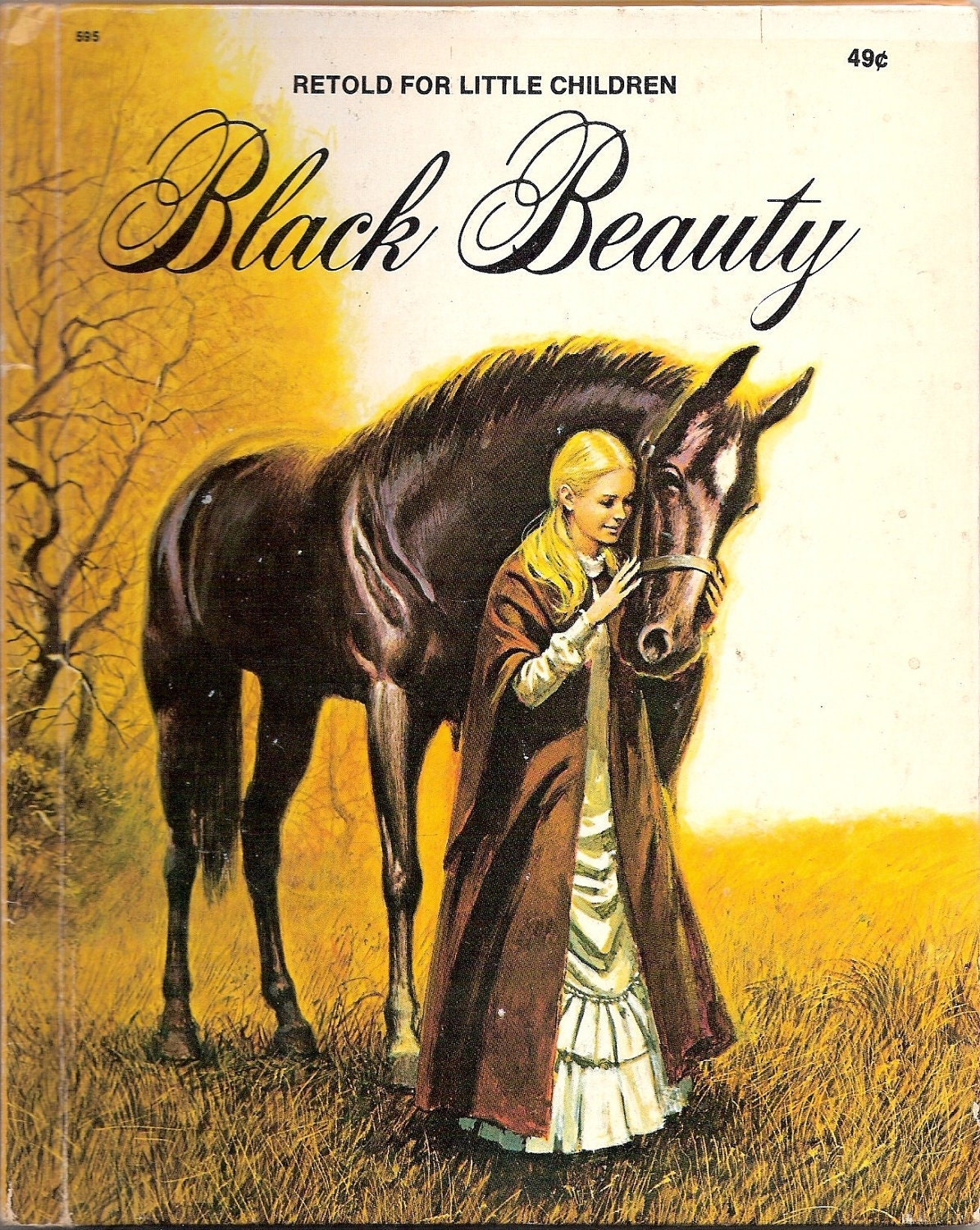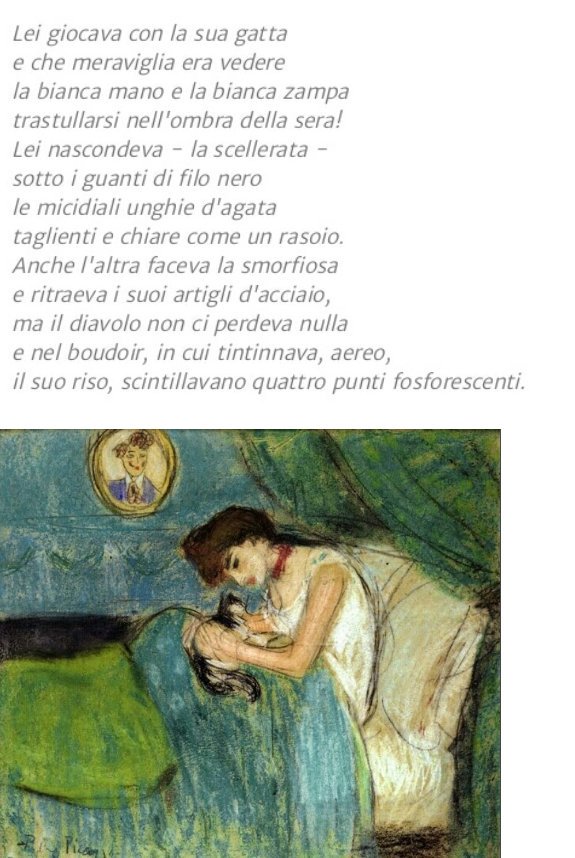-
Osmanli Imparatorlugu'nun 7. padisahi Fatih Sultan Mehmetin (II. Mehmed - Mehmed the Conqueror - Maometto II / Fatih Il Conquistatore ) dogum yildonumu (30 Mart 1432)
"The Grand Turk: Sultan Mehmet II - Conqueror of Constantinople, Master of an Empire and Lord of Two Seas" John Freely



"Hey Constantinople! Either I take you, or you take me!"
-
Romantizm akiminin onde gelen isimlerinden Ispanyol ressam ve gravur sanatcisi Francisco (Jose de) Goyanin dogum yildonumu (30 Mart 1746)
El tres de mayo de 1808 (Le fucilazioni del 3 Maggio - The Third of May 1808)

-
Ingiliz roman yazari Anna Sewellin dogum yildonumu (30 Mart 1820)
Zalimlik seytanin isaretidir dedi, zalimlikten zevk alan birini gordugumuz zaman onun efendisini anlayabilecegimizi, cunku seytanin en bastan beri katil ve en sonuna kadar iskenceci oldugunu soyledi. Oysa komsularini seven, insanlara ve hayvanlara sefkat gosteren insanlari gordugumuzde, bunun Tanri'nin isareti oldugunu bilebilirsiniz, cunku 'Tanri sevgidir' dedi. Bu ogretmeninin sana ogrettigi en buyuk gercek, dedi John. Sevgisiz din olmaz; insanlar dinleri hakkinda istedikleri kadar konusabilirler; fakat eger din onlara insanlara ve hayvanlara karsi iyi davranmayi ogretmiyorsa, hepsi bosunadir. Hepsi bosuna James; her seyin icyuzunun ortaya dokulecegi ve gercek degerini bulacagi o gun, hepsinin foyasi ortaya cikacaktir. Siyah Inci

He said cruelty was the devils own trade-mark, and if we saw any one who took pleasure in cruelty we might know who he belonged to, for the devil was a murderer from the beginning, and a tormentor to the end. On the other hand, where we saw people who loved their neighbors, and were kind to man and beast, we might know that was Gods mark. Your master never taught you a truer thing, said John; there is no religion without love, and people may talk as much as they like about their religion, but if it does not teach them to be good and kind to man and beast it is all a shamall a sham, James, and it wont stand when things come to be turned inside out.
-
Fransiz sair Paul Verlaine'nin dogum yildonumu (30 Mart 1844)

Kediyle oynuyor kadin
Ne de guzel yarasmis bak
Karanliginda aksamin
Beyaz el ve beyaz ayak.
Kediyle oynuyor kadin
Ne de guzel yarasmis bak
Karanliginda aksamin
Beyaz el ve beyaz ayak.
Nasil da gizliyor kadin
Bicak gibi keskin parlak
Katil tirnagini -hayin-
Eldivende sakliyarak.
Oteki de, sozum ona
Pencesini saklamada
Ama yutmuyordu seytan..
Simdi cinliyor odada
Bir kahkaha havalanan
Parliyor dort fosfor nokta.
Guzel gozler tul ardinda gorunsun
Gun isigi titremeli siirinde
Ak yildizlar mavilige burunsun
ilgit ilgit sonbahar goklerinde.
Ara rengin pesindeyiz cunku biz;
Rengin degil, ara rengin sadece.
Ancak oyle sarmas dolas ederiz
Kavali boruyla, ruyayi dusle!

Son gli occhi belli dietro alle velette,
l'immenso dì che vibra a mezzogiorno,
e per un cielo d'autunno intepidito
l'azzurro opaco delle chiare stelle!
Perché ancora bramiamo sfumature,
sfumatura soltanto, non colore!
Oh! lo sfumato soltanto accompagna
il sogno al sogno e il corno al flauto!
-
Bati dunyasinin en taninmis ressamlarindan Hollandali izlenimci Vincent van Gogh'un dogum yildonumu (30 Mart 1853)


"Theo, sen de asik misin acaba? Keske olsan. Cunku, inan ki, yasamin kucuk eziyetlerinin bile bir degeri var. Insan kimi kez korkunc umutsuzluga kapiliyor, sanki cehennemdeymis gibi hissediyor kendini ama baska, cok daha iyi seylerde var isin içinde. Uc asama var: Birincisi: Sevmemek ve sevilmemek, ikincisi: sevmek ve sevilmemek (benim durumum), Ucuncusu: Sevmek ve sevilmek.
Bana sorarsan ikinci asama birinciden daha iyi, ama ucuncusu! Evet harikasi orasi!" Theo'ya Mektuplar

"Theo, arent you in love too, at times? I wish you were, for believe me, the petty miseries of it are also of some value. Sometimes one is desolate, there are moments when one is in hell, as it were, but it also brings with it other and better things. There are three stages: First not loving and not being loved, second loving and not being loved. (the case in question), third loving and being loved.
Id say that the second stage is better than the first, but the third! Thats it.!"
https://www.youtube.com/watch?v=wmj3AEjilPg
Bazi film uyarlamalari:

-
Avustralya asilli Ingiliz psikanalist Melanie Reizes Kleinin dogum yildonumu (30 Mart 1882)
Haset, kiskanclik ve acgozluluk arasindaki farklari gormek gerekir. Haset, arzulanan bir aeyin baska birine ait oldugu ve bize degil de ona haz verdigi inancinin yol actigi kizgin bir duygudur; hasetli itki, o istenen seyi sahibinden cekip almaya ya da bozmaya, kirletmeye yonelir. Su da var: haset, oznenin sadece bir kisiyle olan iliskisiyle ilgilidir ve kokeni de anneyle o herkesi dislayan en eski iliskide yatiyordur.
Kiskanclik da hasete dayanir, ama oznenin en az iki kisiyle iliski icinde olmasini gerektirir: ozne, kendi hakki olan sevginin rakibi tarafindan elinden alindigina ya da alinma tehlikesiyle karsi karsiya bulunduguna inaniyordur. Kiskancligin gunluk kullaniminda, sevilen kisiyle ozne arasina bir ucuncu kisi girmistir.
Acgozlulukse ozneyi surekli uyaran ama doyurulmasi imkansiz bir istektir, hem oznenin ihtiyacindan hem de nesnenin verebileceginden fazlasina yonelen bir istek. Acgozluluk, bilincdisi duzlemde, memeyi bosaltmaya, kurutuncaya kadar emip tuketmeye ve tumuyle yutmaya yonelir esas olarak; baska bir deyisle, amaci yikici ice yansitmadir. Oysa haset sadece boyle bir gaspla sinirli kalmaz; ayni zamanda, anneye ve oncelikle memesine kotuluk koymak, kotu diskilari ve benligin kotu parcalarini anneye ve memesine yerlestirmek ister. Bunun anlami, annenin yaratıciliginin bozulmasi, tahrip edilmesidir. Uretral-sadistik ve anal-sadistik itkilerden kaynaklanan bu sureci, baska bir yerde, yasamin basindan beri surup giden yansitmali ozdeslesmenin yikici bir yonu olarak tanimlamistim. Acgozlulukle haset arasinda temel bir farklilik -cok kesin bir sinir cizgisi cekilemeyecegini bilsek de- acgozlulugun esas olarak ice yansitmayla, hasetinse yansitmayla baglantili olmasıdır. Haset ve Sukran

A distinction should be drawn between envy, jealousy, and greed. Envy is the angry feeling that another person possesses and enjoys something desirablethe envious impulse being to take it away or to spoil it. Moreover, envy implies the subject's relation to one person only and goes back to the earliest exclusive relation with the mother.
Jealousy is based on envy, but involves a relation to at least two people; it s mainly concerned with love that the subject feels is his due and has been taken away, or is in danger of being taken away from him by his rival. In the everyday conception of jealousy, a man or woman feels deprived of the loved person by somebody else.
Greed is an impetuous and insatiable craving, exceeding what the subject needs and what the object is able and willing to give. At the unconscious level, greed aims primarily at completely scooping out, sucking dry, and devouring the breast: that is to say, its aim is destructive introjection; whereas envy not only seeks to rob in this way, but also to put badness, primarily bad excrements and bad parts of the self, into the mother, and first of all into her breast, in order to spoil and destroy her. In the deepest sense this means destroying her creativeness. This process, which derives from urethral- and anal-sadistic impulses, I have elsewhere defined as a destructive aspect of projective identification starting from the beginning of life. One essential difference between greed and envy, although no rigid dividing line can be drawn since they are so closely associated, would accordingly be that greed is mainly bound up with introjection and envy with projection.
-
Oscar Wilde, Infanta'nin Dogum Gunu (The Birthday of the Infanta- Il Compleanno dell'infanta) hikayesini, ilk kez 30 Mart 1889 tarihinde Paris Illustré' dergisinde yayinladi.
" 'Sizinle bir daha dans edemiyecek, prenses'demis. Ve prenses soyle demis: 'Su andan itibaren kalbi olan hic kimse benimle olmaya gelmesin.' "

"He tells the princess that the Dwarf will never dance again because his heart has broken. To which the Infanta replies, "For the future, let those who come to play with me have no hearts."

-
Italyan futurist ressam Fortunato Depero'nun dogum yildonumu (30 Mart 1892)
La ciociara (The Two Women, 1919)

 Gönderi Kuralları
Gönderi Kuralları
- Yeni konu açamazsınız
- Konulara cevap yazamazsınız
- Yazılara ek gönderemezsiniz
- Yazılarınızı değiştiremezsiniz
-
Forum Rules









 Alıntı yaparak yanıtla
Alıntı yaparak yanıtla
















Yer İmleri